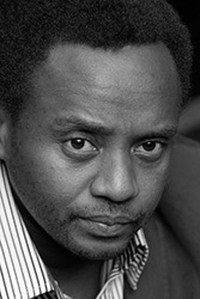Ellen Hopkins is a life-long writer who exploded onto the New York Times’ bestseller list in 2004 with Crank, a novel written in free verse that was loosely based on her daughter’s real struggles with “the monster”—crystal meth. Verse novels and “difficult” subjects have become her trademark over the past fifteen years; since Crank, she has published twelve more YA novels in verse, tackling topics from suicide to sex trafficking to eating disorders, and three adult novels, two of which are also in verse.
Ellen lives on 1.25 acres of Nevada hills overlooking Washoe Lake, on her website, and—for about a hundred days each year—on the road. She is also currently raising three grandchildren under twelve, but was kind enough to make time for this interview over email.
Though your big splash was Crank, you actually published over 20 nonfiction books for children before your first novel in verse (and YA bestseller) came out, and before that you were a freelance journalist. How did you make the move from writing articles to writing books? And what was it like when your very first book came out?
Some of the articles I wrote as a freelancer required heavy research, and through that, the subject matter drew me to write about it deeper. I’ve always loved flight, so writing about air racing made me think about the history of flight through man’s love of competition. Who was first into the sky? Who was the first woman into the sky? How did they fly? (Kites and balloons, in case you’re interested.)
First book to now, every time I see a cover with my name on it, there’s an immense sense of satisfaction.






 Interviewed by Francine Cunningham
Interviewed by Francine Cunningham Interviewed by Ngwatilo Mawiyoo.
Interviewed by Ngwatilo Mawiyoo. Interviewed by Andrea Hoff
Interviewed by Andrea Hoff Interviewed by Jane Campbell
Interviewed by Jane Campbell